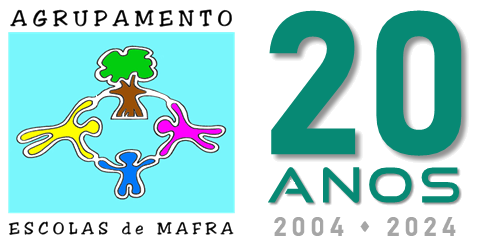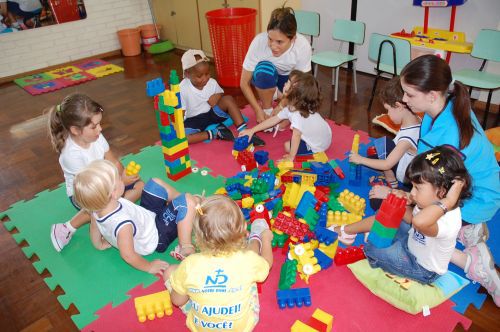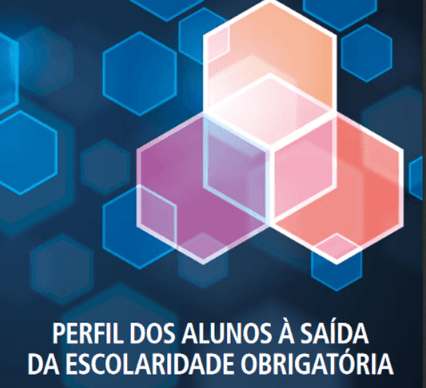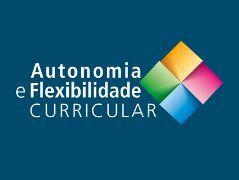SCHOOL CURRICULA
- PRESCHOOL EDUCATION
-
Pre-School Education is the first stage of basic education in the process of lifelong education, being complementary to the educational action of the family, with which it must establish close cooperation, favoring the formation and balanced development of the child, taking into account their full integration into society as an autonomous, free and supportive being.
The development of the curriculum in Pre-School Education takes as reference the
Curriculum Guidelines for Pre-School Education which constitute a set of general pedagogical and organizational principles to support the kindergarten teacher in conducting the educational process to be developed with children.
Being a common reference for all early childhood educators, this document is not intended to be a program, because being general and comprehensive it includes the possibility for the educator to justify different educational options.
For more information see the
site
from the General Directorate of Education (DGE)...
Click here
.
>
Guide to Learning in Pre-School Education in the Mafra School Group
- BASIC EDUCATION
-
Basic Education aims to ensure general training common to all students, providing the acquisition of basic knowledge that allows them to continue their studies.
The development of Basic Education curricula is based on the guiding principles of the organization and management of curricula, the assessment of the knowledge to be acquired and the skills to be developed by students, applying to the different curricular offerings of Basic Education.
For more information about the different existing curricula for Basic Education, see the
site from the General Directorate of Education (DGE)...
Click here.



